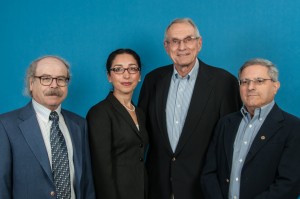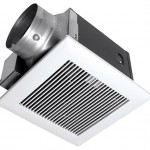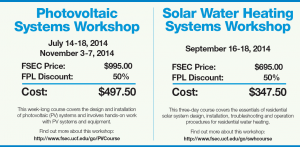By Sherri Shields
September 25, 2014
A hydrogen safety technology that was developed as a result of a partnership between the University of Central Florida’s FSEC® and NASA, and then commercialized by a university startup company, has been internationally recognized by the R&D 100 Awards program as one of the most technologically significant products to enter the marketplace last year.
When NASA John F. Kennedy Space Center needed an easy-to-use, safe, effective and non-powered solution to visually detect dangerous hydrogen leaks on and near the shuttle launch pad, they reached out to FSEC’s Dr. Ali Raissi and his team of researchers, Drs. Nazim Muradov, Gary Bokerman, Nahid Mohajeri, and R. Paul Brooker. Together, NASA KSC and FSEC—a research institute of the University of Central Florida—designed a one-of-a-kind, tape-like solution that selectively changes color in the presence of hydrogen gas. Since hydrogen gas is odorless and colorless, visual detection means that the leak source can now be quickly pinpointed for repair.


